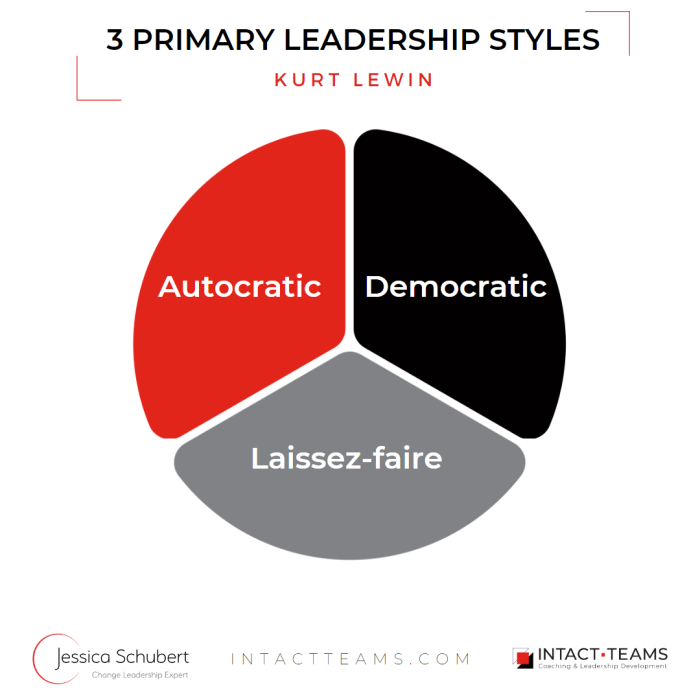I believe we have officially stopped saying ‘Happy New Year’ by now. Still, with this being our first newsletter after the Australian summer break, I do want to take the opportunity to wish you a healthy, happy and successful 2023.
On a personal note, I took three weeks off, visited family and friends in Germany, and then went on a road trip to Prague, Vienna and Budapest. It’s hard work to travel in winter but also less busy, and I managed to switch off completely. I have jumped into this New Year feet first, optimistic and full of energy. How has your start in 2023 been?
It’s time to reflect and set intentions.
I find this time of the year an excellent opportunity to reflect on what we want the next few months to look like and set some intentions for ourselves. I know there are always the usual resolutions like exercising more, eating healthier etc. etc. That’s all well and good; go for it! But if you work with people, especially if you are leading a team, ask yourself: ‘What kind of leader do I want to be?’
I am working with a coaching client in the banking industry, let’s call her Katie, and in our first coaching session of this new year, she said:
“Jess, this year I want to be a better leader for my team. How do I go about that?”
She further shared that her team worked hard last year and has performed well. But she feels that her leadership style has been quite directive as the company has undergone a restructure.
Things have settled now, and Katie wants to empower her team members to grow their potential, make decisions more independently and work more strategically.
I like drawing on Kurt Lewin’s research and findings of 3 primary leadership styles:

Autocratic (Authoritarian) Leadership
You tell people what to do and how to do it, and you make decisions without consulting your team members.
The benefit of this leadership style is that is often effective and fast, and you can use your expertise to get things done. The downside, however, is that it disempowers people and that can be demoralising. You also miss out on skills and knowledge that your team members have, and whilst you produce quick solutions, they might not always be the best.
There is absolutely a time and place for this leadership style and it works well when you have to make quick decisions or fix time-critical problems.
Democratic (Participative) Leadership
You involve all of your team members in brainstorming and decision-making processes.
You might have the final say, but you include your team members and encourage them to actively come forward with ideas and solutions. This leadership style empowers people, and they develop their own thinking and skills.
If you want to build trust, apply the democratic leadership style but be aware that the process might take longer and that you have time for this approach.
Laissez-Fair (Delegative) Leadership
You are hands off and leave it to your team to deliver their work, set deadlines and achieve their own goals.
For this leadership style to be effective, your team members need to be skilled, experienced and highly motivated. They have to be able to work independently and simply respond to your feedback and progress check-ins.
If people are not ready or unwilling to work with a laissez-fair style, performance can be impacted quickly.
How do I use these 3 different styles?
First, create some self-awareness on what your ‘go-to style’ is, or the style you adopt when you are under pressure. It always helps to get some feedback from others as well.
Be clear on the benefits and challenges of each style and which one you want to apply more or less with your team, even situationally. There is no right or wrong style here, but a style that fits you and your team’s purpose.
Katie decided to move from autocratic, which was predominantly her default style, to a more democratic style. She has started involving her team members in strategies and decisions, has changed her meeting cadence and is focussed on developing and supporting her team members so that in time, she can move to even being laissez-faire.








